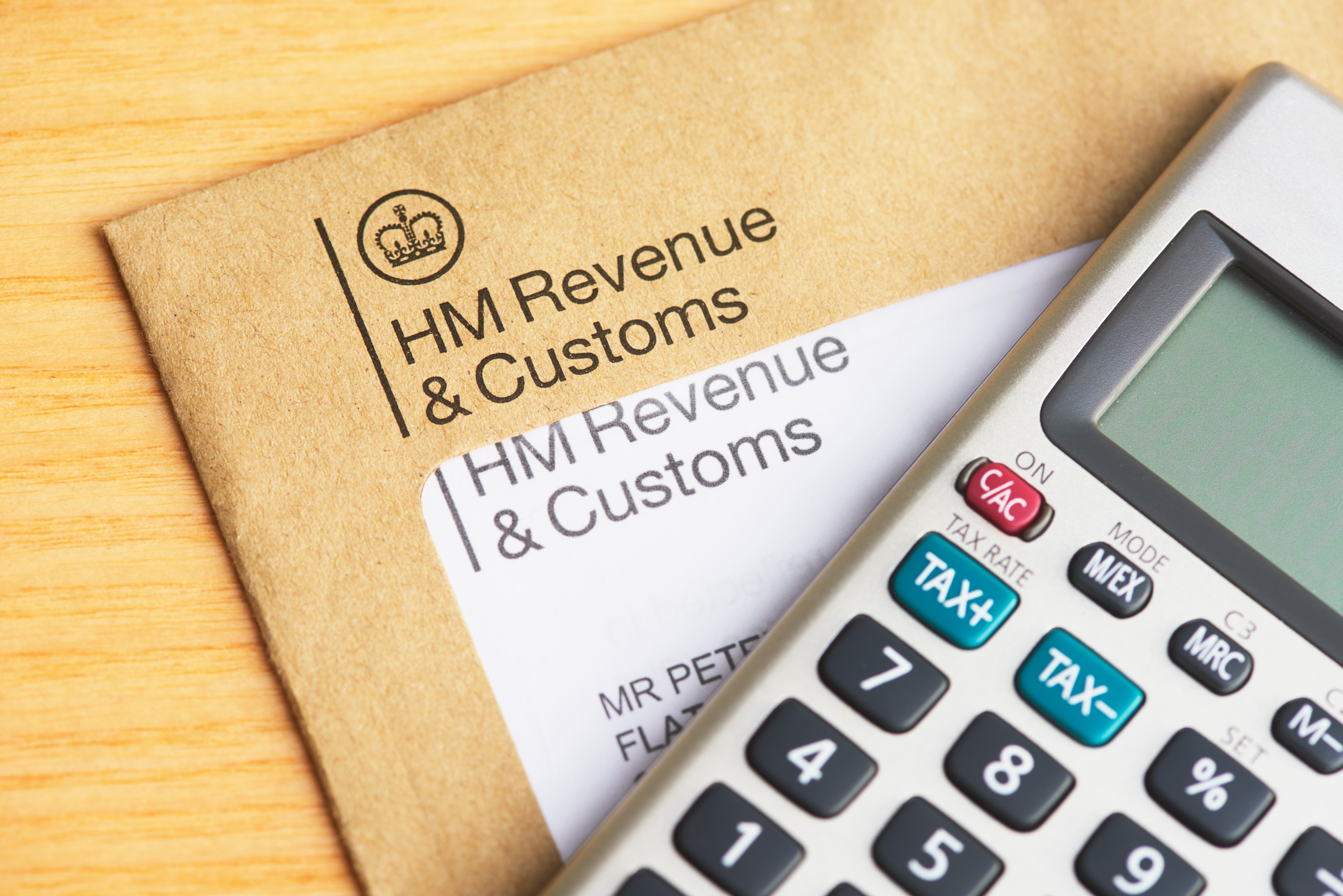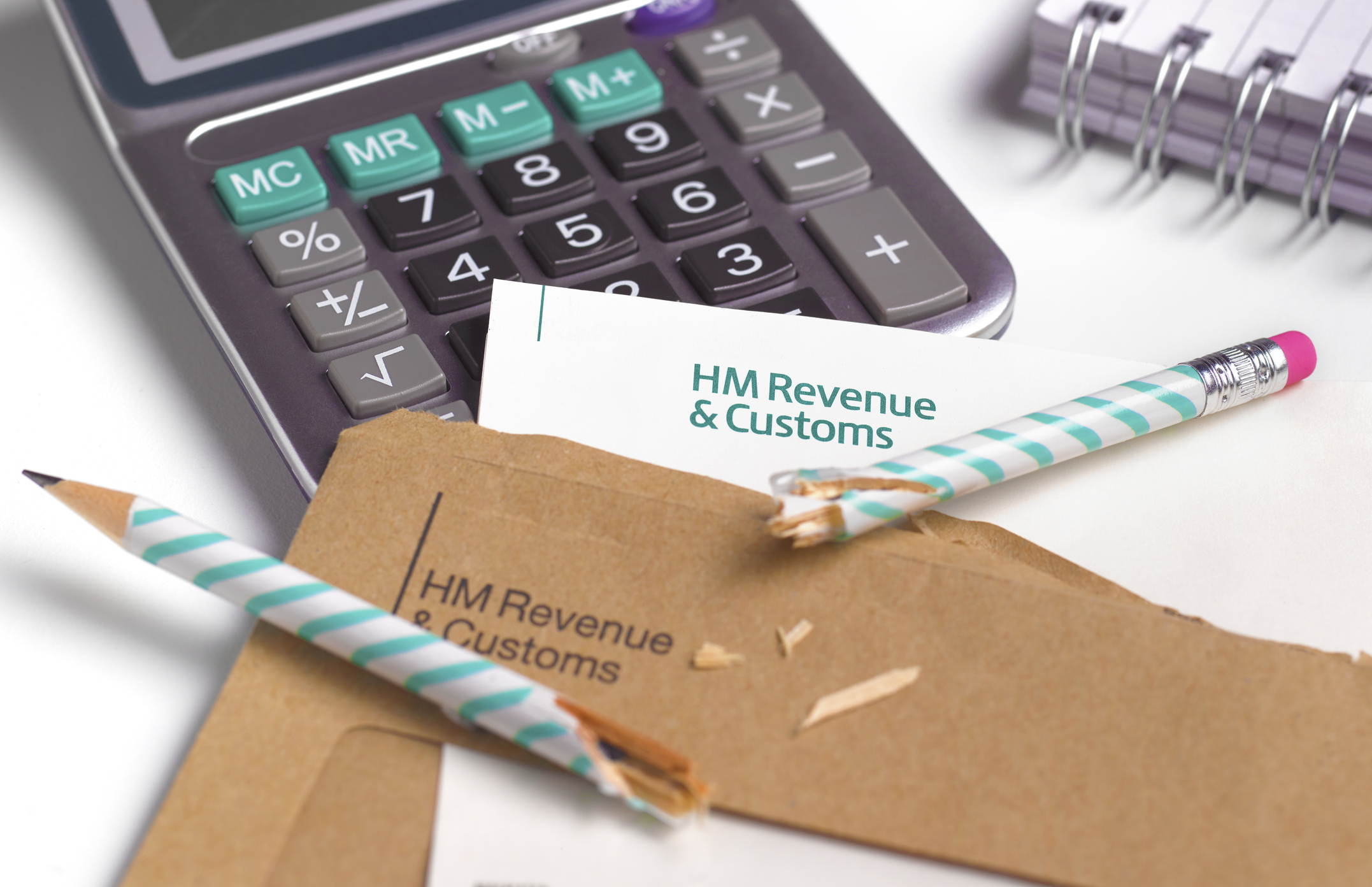Private pensions: act early to avoid a big inheritance tax bill
Frozen inheritance-tax thresholds mean HMRC is taking ever more in death duties. But there are steps you can take to avoid it, says David Prosser.


Get the latest financial news, insights and expert analysis from our award-winning MoneyWeek team, to help you understand what really matters when it comes to your finances.
You are now subscribed
Your newsletter sign-up was successful
Want to add more newsletters?

Twice daily
MoneyWeek
Get the latest financial news, insights and expert analysis from our award-winning MoneyWeek team, to help you understand what really matters when it comes to your finances.

Four times a week
Look After My Bills
Sign up to our free money-saving newsletter, filled with the latest news and expert advice to help you find the best tips and deals for managing your bills. Start saving today!
The inheritance-tax (IHT) grab continues to intensify. The combination of frozen tax thresholds and soaring property prices saw HM Revenue & Customs (HMRC) take £5.5bn in IHT between April 2021 and February 2022 – around £700m more than in the same period last year. With the basic IHT threshold set to remain at £325,000 until at least 2026, tens of thousands more families face being dragged into the net in the coming years.
This makes it even more important that you organise your savings and investments in the most tax-efficient way. The first principle to grasp is that private pension saving almost always falls outside of your estate for IHT purposes. That means it can be passed on to heirs without an IHT bill to pay.
How that works in practice will depend on your age when you die and what type of pension you have. Broadly speaking, any cash left in a defined contribution pension fund can be passed on to your heirs. They’ll pay income tax on the money only if you were 75 or over at the time of your death. There are a few exceptions to this: for example, money from a pension put into drawdown before 6 April 2015 will be subject to income tax even if you are under 75 when you die.
MoneyWeek
Subscribe to MoneyWeek today and get your first six magazine issues absolutely FREE

Sign up to Money Morning
Don't miss the latest investment and personal finances news, market analysis, plus money-saving tips with our free twice-daily newsletter
Don't miss the latest investment and personal finances news, market analysis, plus money-saving tips with our free twice-daily newsletter
Spend taxable savings first
Since IHT is not payable on pension cash left to heirs, it makes sense to run down other savings later in life before tapping into your pension cash. If you reach retirement with, say, cash in both individual savings accounts (Isas) and private pensions, it’s a good idea, all other things being equal, to use the former first. Isa savings count towards IHT calculations, so running these down before you turn to your pensions reduces your heirs’ potential liability to tax.
What if this is not an option because you’ve chosen to build up savings for old age through non-pension vehicles and don’t have much in pensions to leave? One option is to rethink how these savings are invested.
In particular, most shares listed on Aim, the UK’s small-cap index, do not count towards your estate for IHT purposes because the government is keen to encourage people to invest in less mature businesses. Accordingly, by shifting some of your retirement savings into a portfolio of Aim stocks, you’ll be taking this money out of the IHT net. You can do that inside or outside an Isa, but if your Aim holdings are inside a tax shelter, there will be no other taxes to worry about either.
In practice, the performance of Aim shares tends to be more volatile, so you wouldn’t want all your retirement savings invested in this way. However, this can be a good way to mitigate some IHT risk. There are a number of specialist firms that run Aim portfolio management services targeted at families planning for IHT.
Consider all reliefs
The technical name for the exemption of Aim shares from IHT is Business Property Relief (BPR). Full relief is often available on your own business, and 50% BPR relief on land, buildings or machinery used by a business that you were a partner in or controlled. Take advice on how this might affect your heirs’ liability to IHT.
Finally, if you’re struggling to reduce your family’s IHT liability through investment planning, don’t forget other mainstream IHT strategies. In particular, by giving assets away, you’ll reduce the size of your final estate. There are a wide variety of options for making both small and large gifts of this size.
Get the latest financial news, insights and expert analysis from our award-winning MoneyWeek team, to help you understand what really matters when it comes to your finances.

David Prosser is a regular MoneyWeek columnist, writing on small business and entrepreneurship, as well as pensions and other forms of tax-efficient savings and investments. David has been a financial journalist for almost 30 years, specialising initially in personal finance, and then in broader business coverage. He has worked for national newspaper groups including The Financial Times, The Guardian and Observer, Express Newspapers and, most recently, The Independent, where he served for more than three years as business editor.
-
 How a ‘great view’ from your home can boost its value by 35%
How a ‘great view’ from your home can boost its value by 35%A house that comes with a picturesque backdrop could add tens of thousands of pounds to its asking price – but how does each region compare?
-
 What is a care fees annuity and how much does it cost?
What is a care fees annuity and how much does it cost?How we will be cared for in our later years – and how much we are willing to pay for it – are conversations best had as early as possible. One option to cover the cost is a care fees annuity. We look at the pros and cons.
-
 Two million taxpayers to be hit by £100k tax trap by 2026/27
Two million taxpayers to be hit by £100k tax trap by 2026/27Frozen thresholds mean more people than ever are set to pay an effective income tax rate of 60% as their earnings increase beyond £100,000. We look at why, as well as how you can avoid being caught in the trap.
-
 13 tax changes in 2026 – which taxes are going up?
13 tax changes in 2026 – which taxes are going up?As 2026 gets underway, we look at what lies ahead in terms of changes to tax rates and allowances this year and how it will affect you.
-
 How to limit how much of your Christmas bonus goes to the taxman
How to limit how much of your Christmas bonus goes to the taxmanIt's Christmas bonus season but the boosted pay packet may mean much of your hard-earned reward ends up with HMRC instead of in your pocket
-
 Over 1 million pay 45% rate of income tax as fiscal drag bites
Over 1 million pay 45% rate of income tax as fiscal drag bitesHundreds of thousands more people are being pushed into the additional rate tax band by fiscal drag
-
 'I've used my annual ISA allowance. How can I shield my savings from tax?'
'I've used my annual ISA allowance. How can I shield my savings from tax?'As millions face paying tax on savings interest, we explore how to protect your money from the taxman. If you've used up your ISA allowance, we look at the other tax-efficient options.
-
 Simple assessment explained as millions brace for unexpected tax bills
Simple assessment explained as millions brace for unexpected tax billsIncreasing numbers of people could get letters from HMRC saying they owe more tax due to frozen thresholds, under a system known as simple assessment. Here is what it means for you.
-
 What are wealth taxes and would they work in Britain?
What are wealth taxes and would they work in Britain?The Treasury is short of cash and mulling over how it can get its hands on more money to plug the gap. Could wealth taxes do the trick?
-
 When is the self-assessment tax return deadline?
When is the self-assessment tax return deadline?If you are self-employed, rent out a property or earn income from savings or investments, you may need to complete a self-assessment tax return. We run through the deadlines you need to know about